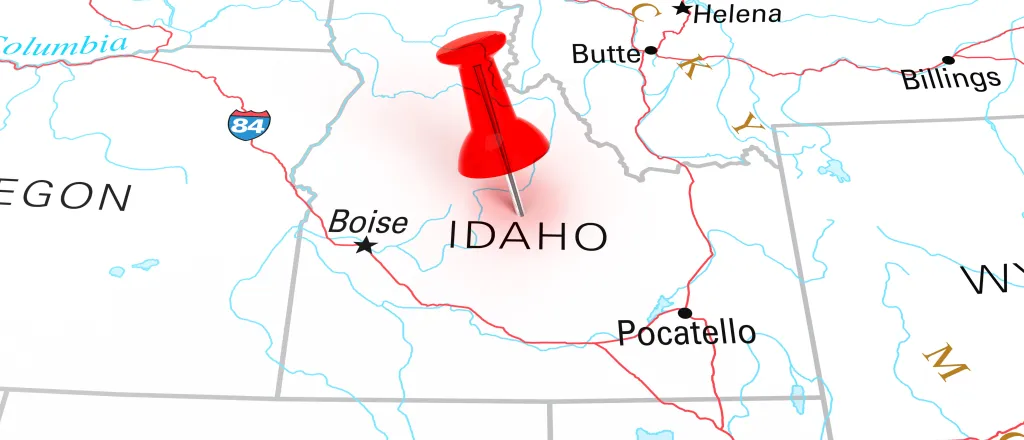
Invasive Species Week sheds light on Idaho landscape impact
Click play to listen to this article.
(Northern Rockies News Service) It is National Invasive Species Awareness Week, and plants and critters not native to the Northwest are wreaking havoc on some landscapes, including in Idaho.
A wide variety of species are considered invasive, from insects and amphibians to weeds and mollusks.
Nic Zurfluh, bureau chief for the invasive species, noxious weeds and range programs for the Idaho State Department of Agriculture, said such plants and animals can throw the environment out of whack.
"When you put in a species that is not known to occur, that doesn't have the natural checks and balances from their native range, then they can do quite well, create monocultures and change things," Zurfluh explained. "Like the fire regime, or change things like water quality and how we utilize the landscape."
Zurfluh pointed out some species of concern in Idaho include cheatgrass, bullfrogs, Asian carp and zebra and quagga mussels. National Invasive Species Awareness Week lasts through March 3.
Zurfluh noted many of the invasive species have a direct effect on Idaho's economy.
"Whether that's impacting our way of life, irrigation, agriculture, hydropower, municipal water systems, the way that we recreate on the landscape," Zurfluh outlined. "That is ever shifting because of the way invasive species move into areas."
Zurfluh stressed there are a few things Idahoans can do to prevent the spread of invasive species, such as knocking weed seeds off their boots after hiking, and planting native species in gardens. There is a campaign to keep zebra and quagga mussels from spreading in the state, because they can clog drain pipes and hurt fish populations. Zurfluh added mussels can spread on watercraft.
"Really taking the time to clean, drain and dry water-related equipment, whether it's a paddleboard or a kayak or your recreational watercraft," Zurfluh emphasized. "Cleaning, draining and drying is very effective."

















